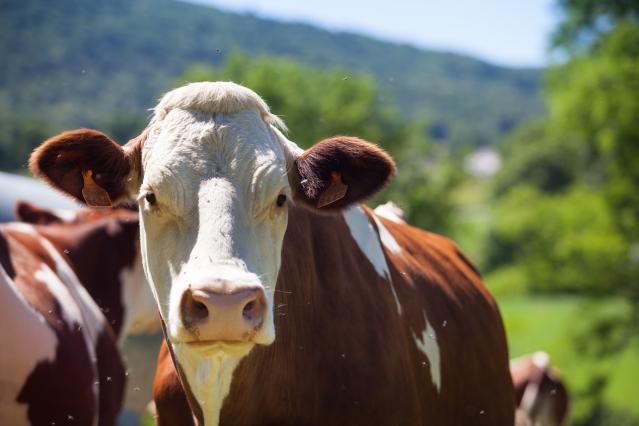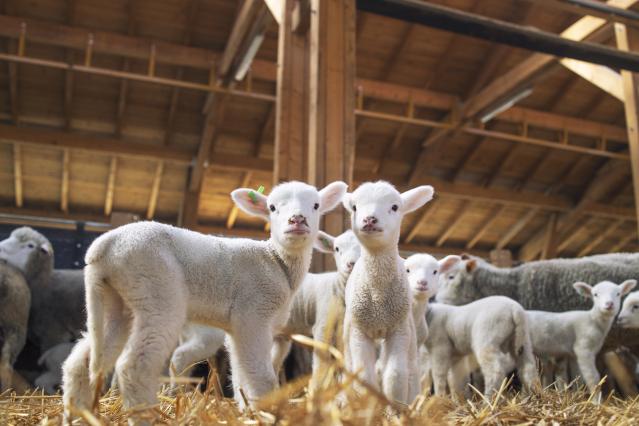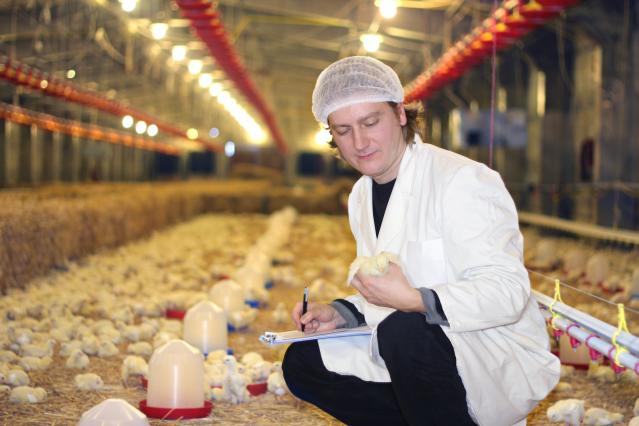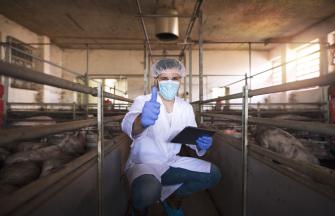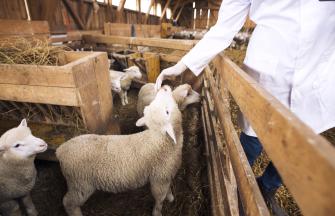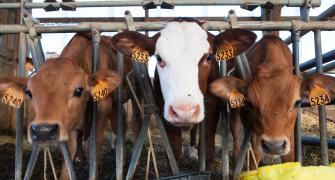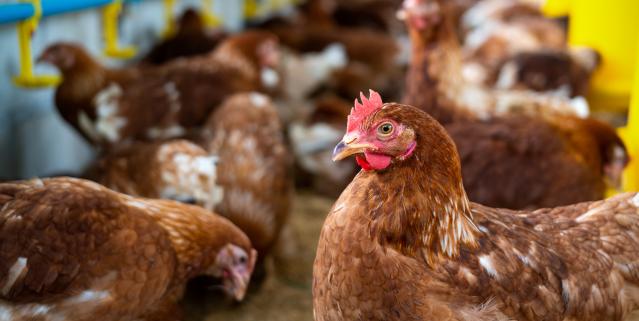
Do you have a question about this application? Ask our specialists
Contact us
Features & Benefits
Features
- OPTILIT® is the solution for hygiene and drying the bedding in barns.
- OPTILIT® prevents and controls both infections and diseases (dermatitis, mastitis dairy cows, etc.).
- Creates enriched manure, which does not leak and retains all nutrients for further spreading in the fields.
- OPTILIT® products can be used on organic farms - disinfect barns naturally.
- Barn hygiene is essential for food safety.
- Easy to use and apply.
- Less dusty than usual solution.
Benefits
- Doubles the product life.
- Comfort for cows (impact on milk production).
- Cleaner environment (impact on mastitis and lameness).
- Increases animal hygiene.
- Reduces unpleasant odors in poultry coops.
- Prevents infections in livestock feet.
- Prevents the spread of pathogens.
- Less animal stress and lower disease incidence.
- Disinfection of livestock buildings.
Dedicated solutions for your specific needs
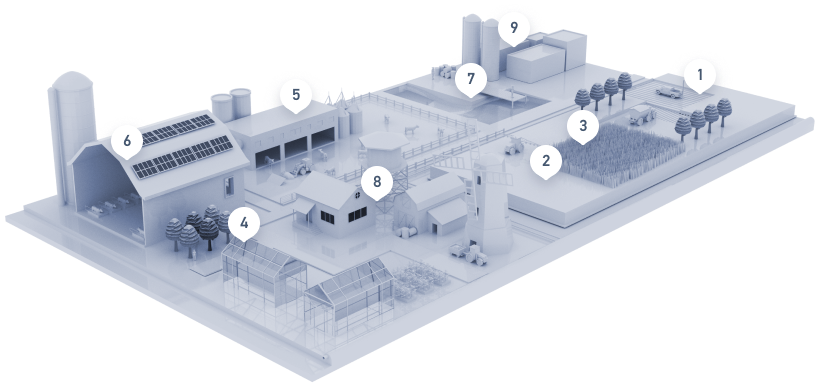
Healthy barns help farmers to avoid losses linked to suffering animals and the extra costs of their treatment. The direct cost of lameness is estimated at €250 per cow, excluding the cost of care and any reproductive disorders.
Carmeuse also offers solutions for cow bedding, in the form of a natural mattress made of OPTILIT® mixed with straw. This bedding is comfortable and hygienic for dairy cows.
The OPTILIT® product range, which is approved as biocides, helps to prevent feet infections in cattle. When spread on the floor, OPTILIT® increases the pH of manure and kills bacteria. It also keeps the floor dry and enhances the comfort of cattle.
Carmeuse can also provide you with a footbath solution, to be located in strategic places around your barn.
Poultry
- Avian Influenza (Bird Flu): Unsatisfactory barn conditions can lead to the transmission of avian influenza viruses, which can cause respiratory issues, decreased egg production, and high mortality rates among poultry.
- Coccidiosis: Poor barn hygiene contributes to the proliferation of coccidia, causing coccidiosis. This parasitic disease affects the intestinal tract of poultry, leading to diarrhoea, reduced growth, and increased susceptibility to secondary infections.
- Respiratory Diseases: Dusty and contaminated barns can lead to respiratory problems in poultry, such as infectious bronchitis and Newcastle disease, impacting both the health and egg production of birds.
Cattle
- Bovine Respiratory Disease (BRD): Crowded and unsanitary barns can stress cattle and facilitate the transmission of BRD pathogens, causing respiratory distress, reduced weight gain, and economic losses for cattle farmers.
- Mastitis: Dirty and wet bedding can increase the likelihood of mastitis, an udder infection in dairy cows. Mastitis leads to reduced milk production, pain for the animal, and the need for antibiotic treatment.
- Foot Rot: Cattle in muddy or contaminated barns are susceptible to foot rot, a painful condition that affects the hooves and mobility of the animals.
- Parasitic Infections: Poor hygiene in barns can result in the buildup of internal and external parasites that can cause gastrointestinal issues, anaemia, and reduced feed efficiency in cattle.

